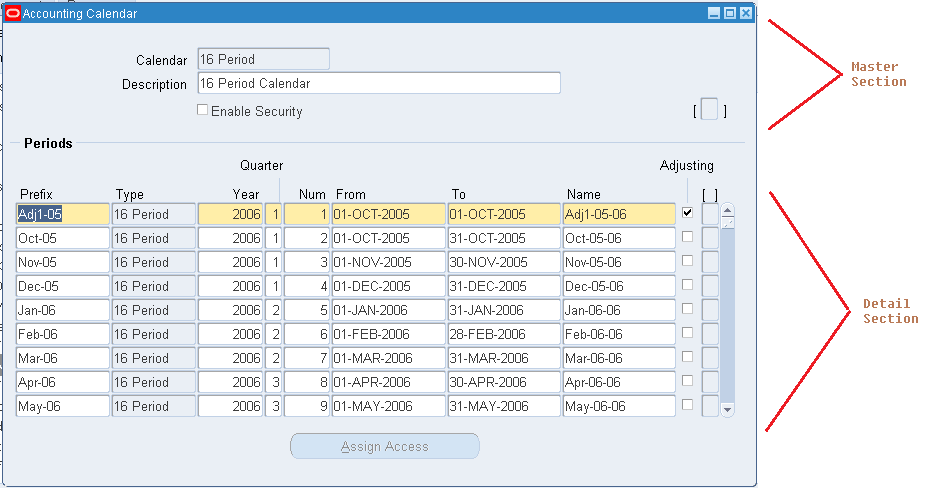5 Essential Steps to Sign Paperwork as POA Agent

Handling paperwork as a Power of Attorney (POA) agent can be an important yet potentially overwhelming responsibility. Whether you're assisting a friend, family member, or client, understanding how to properly manage and sign documents is crucial to avoid legal issues and ensure the principal's wishes are accurately represented. Here are five essential steps to follow when signing paperwork as a POA agent:
Step 1: Verify Your POA Documentation

Before you sign any document, ensure that:
- Your POA document is valid, notarized, and still in effect.
- You have a copy of the POA document readily accessible.
📌 Note: If your POA is specific to certain decisions (e.g., medical or financial), confirm the document covers the type of paperwork you are about to sign.
Step 2: Understand the Powers Granted

POA agreements can vary significantly:
- General or Limited: Check if you are a general POA with broad powers or a limited POA with specific limitations.
- Durable or Non-Durable: Know if your authority remains valid if the principal becomes incapacitated.
It’s also essential to review any clauses that might restrict or modify your authority.
Step 3: Sign Documents Correctly

When signing as POA:
- Signature Format: Typically, sign as “ [Principal’s Name] by [Your Name], Power of Attorney.” For example, if John Smith is the principal and you are Jane Doe, you would sign as “John Smith by Jane Doe, POA.”
- Notary or Witnesses: Some documents might require notarization or witnesses to validate your signature.
- State Laws: Be aware that state laws might have specific requirements for signing as a POA.
Step 4: Maintain Transparency and Records

Keep detailed records:
- Create a file or log for all documents you sign, including the date, document type, and any relevant notes.
- Provide copies of signed documents to the principal if possible or to relevant parties like banks or healthcare providers.
Transparency can protect both you and the principal:
📝 Note: Documenting your actions as a POA agent is not just good practice, it’s often a legal requirement to prevent misunderstandings or accusations of misconduct.
Step 5: Stay Informed and Connected

Keep yourself educated:
- Stay Updated: Legal requirements and POA regulations can change; stay informed about any updates that might affect your duties.
- Communicate: Regularly check in with the principal when feasible. If not, communicate with other involved parties.
- Get Legal Advice: If in doubt about your authority or the correct procedure, consult with a legal professional.
In essence, being a Power of Attorney agent requires diligence, attention to detail, and respect for the principal's autonomy. By verifying your POA documentation, understanding your granted powers, signing documents correctly, maintaining transparency through record-keeping, and staying informed, you can fulfill your role effectively while ensuring compliance with legal obligations. These steps not only help in executing the principal's wishes but also safeguard you against potential legal issues.
Can I sign documents for my principal if they are currently able to do so themselves?

+
Yes, as long as the POA document does not specify otherwise. However, it is respectful and legally cautious to have the principal sign documents when they are capable.
What should I do if the document does not accept my POA signature?

+
First, review your POA document to ensure it covers the actions needed for that document. If it does, contact legal counsel. You might also need to provide the POA document to the party denying your signature for verification.
Can a power of attorney end?

+
Yes, a POA can end upon the principal’s death, revocation by the principal, if specified in the document, or if the POA was for a limited time or purpose which has been fulfilled or expired.



